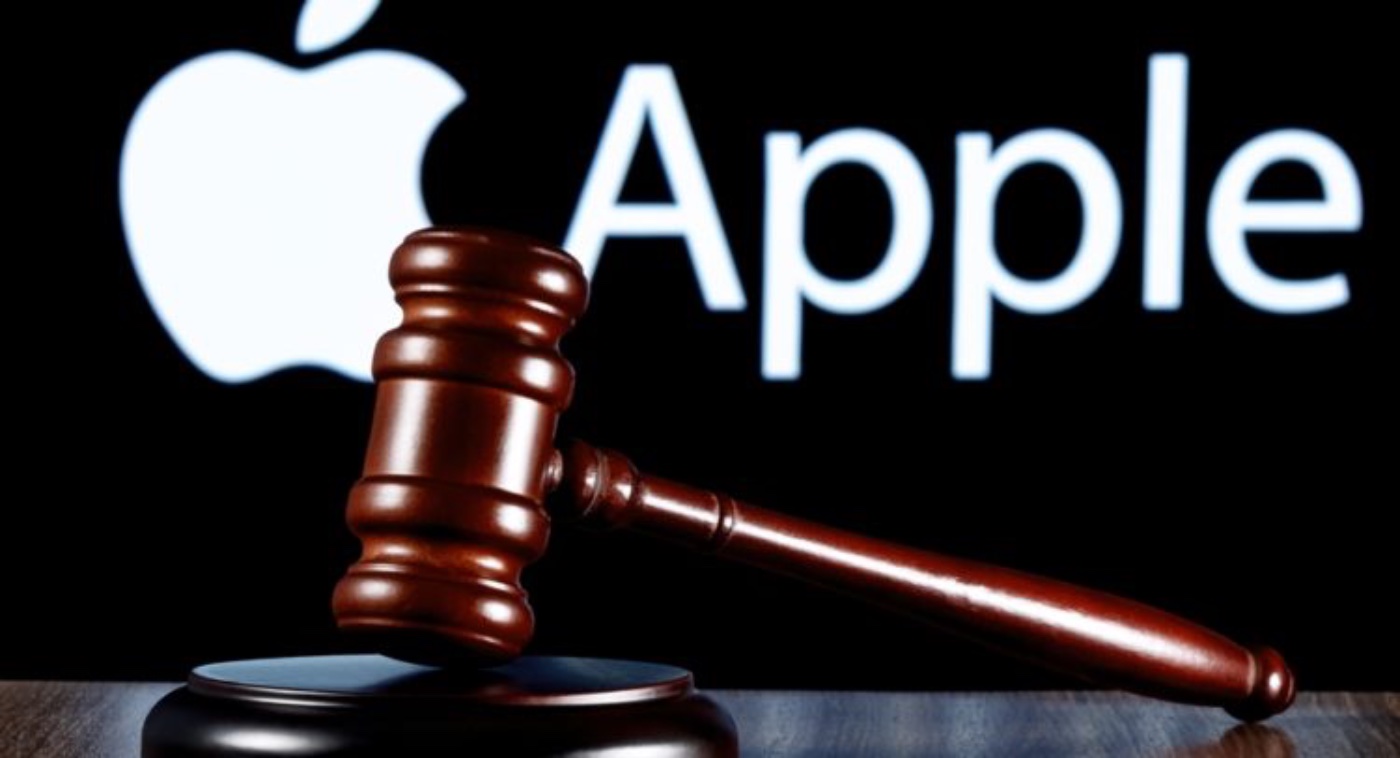
Judge: it’s implausible that Apple CEO Tim Cook didn’t know that iPhone demand in China was falling : Tech Live Trends
A U.S. judge has rejected Apple’s bid to throw out a class-action lawsuit that accused CEO Tim Cook of defrauding shareholders by concealing falling demand for iPhones in China, reports Reuters.
U.S. District Judge Yvonne Gonzalez Rogers’ decision late Monday night clears the way for shareholders led by a British pension fund to sue over a one-day plunge that wiped out US$74 billion of Apple’s market value, the article adds.
The complaint was filed with the U.S. District Court for the Northern District of California in 2020; it’s a securities fraud class action on behalf of all purchasers of Apple securities between Nov. 2, 2018, and Jan. 2, 2019. It accuses Apple and the execs of violations of the federal securities law.
Another class action lawsuit regarding the matter was filed in April 2019. The City of Roseville Employees’ Retirement System, filing on behalf of all Apple stockholders, also seeks “redress for violation of federal securities laws.”
The lawsuits claim that Apple is misleading in its generally rosy predictions for upcoming financial results due to slowing iPhone sales and other issues. It claims that the misrepresentations alleged would tend to induce a reasonable investor to misjudge the value of Apple common stock.
In 2020 Rogers said that “Absent some natural disaster or other intervening reason, it is simply implausible that Cook would not have known that iPhone demand in China was falling mere days before cutting production lines.”
On Monday she said jurors could reasonably infer that Cook was discussing Apple’s sales outlook in China, not past performance or the impact of currency changes. Rogers also said that prior to Cook’s comment, Apple knew China’s economy had been slowing and had data suggesting that demand could fall.
“A reasonable jury could find that failure to disclose these risks caused plaintiff’s harm,” she wrote.


